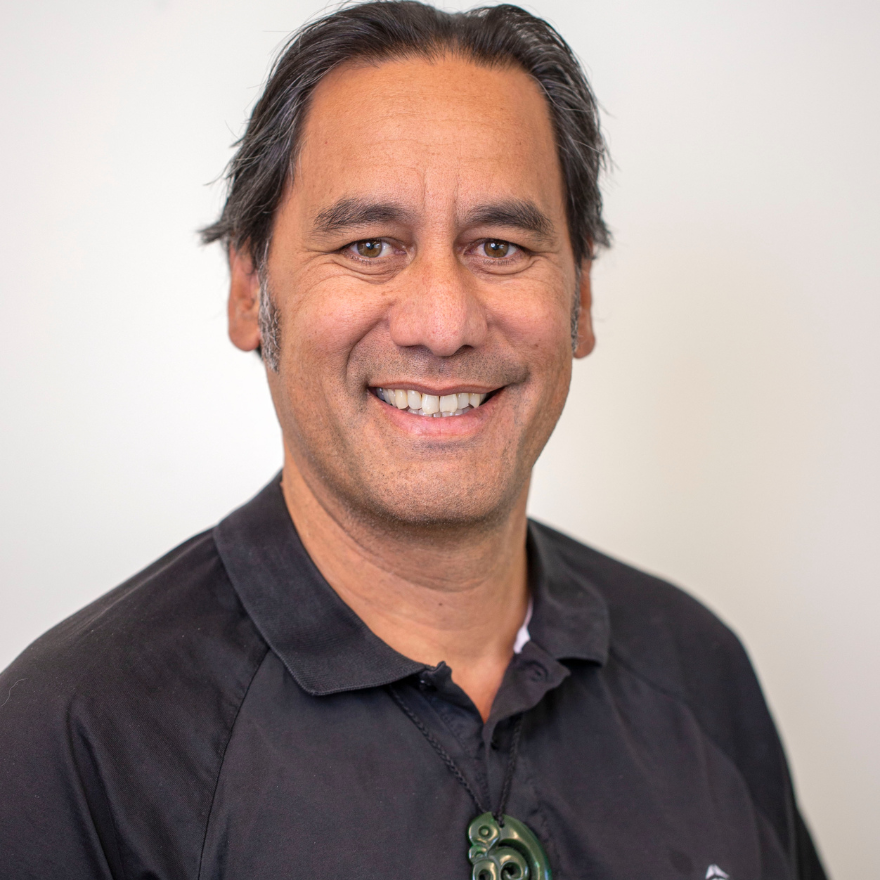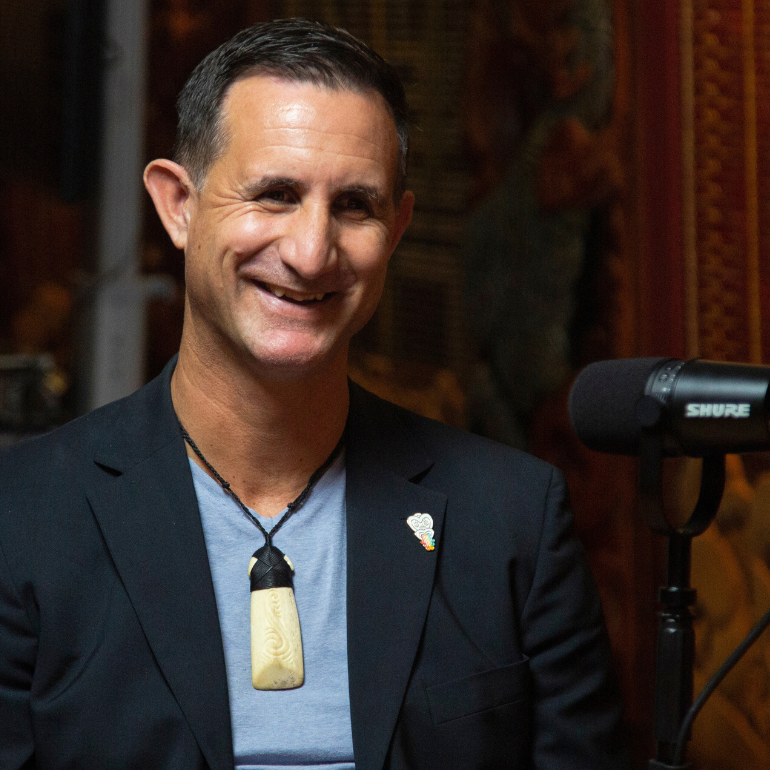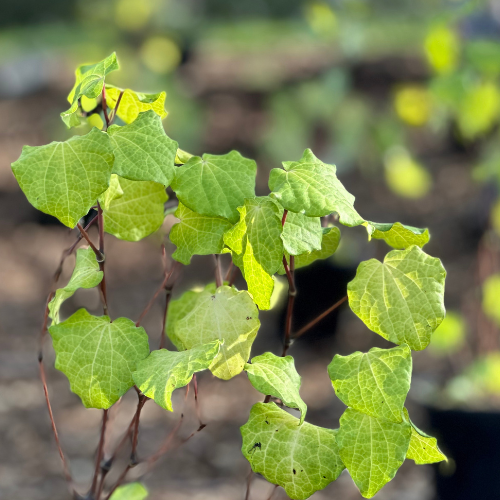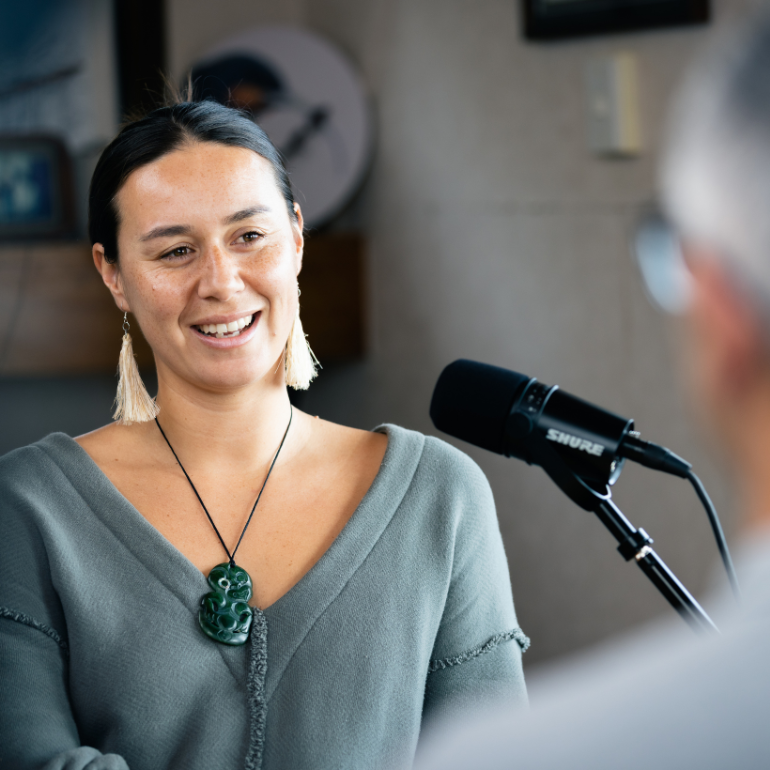
The four key domains of Māori wellbeing are the environment, Māori enterprise, healthy people, and Māori culture. He huringa āhuarangi, he huringa ao reveals that Māori wellbeing across the these domains will experience moderate impacts by 2050 and severe impacts by 2100. These impacts endanger the tangible components of Māori wellbeing, and they present risks to spiritual aspects and the wellbeing of future generations.
He Kura Taiao – Living Treasures: Environment
The report highlights the ways in which climate change in Aotearoa will harm ecosystems and biodiversity, leading to habitat loss and extinction of vulnerable species, while affecting Māori customary practices and cultural identity. Some hapū and iwi are working on plans to manage risks, but there’s still a need to understand how climate change affects different groups.
Addressing these risks requires political commitments to ensure high environmental standards, and deeper consideration for future generations.
Whakatipu Rawa – Māori Enterprise
Climate change poses significant risks to Māori businesses and employment, particularly in the primary sector where over 68 per cent of Māori businesses are located. Māori land is highly susceptible to erosion, and extreme weather events associated with climate change may exacerbate the issue. Māori investments in forestry, farming, horticulture and fisheries are also at risk due to droughts and potentially at-risk species.
To mitigate these risks, whānau/hapū/iwi must create strategies that include divesting from risky assets and adopting new practices and production systems.
He Oranga Tāngata – Healthy People
Māori are expected to be disproportionately affected by climate change-related health impacts due to various factors like geographic location, socio-economic status and existing health conditions. Impacts include exposure to harmful weather events, reduced water availability and quality, and disruptions to health services and food security.
To prepare for these impacts, public health initiatives are needed to reduce inequities, reorient the health sector towards areas where climate change will have the greatest impact, and recognise the dependence of whānau/hapū/iwi health on natural systems' wellbeing.
Ahurea Māori, Tikanga Māori – Māori Culture and Practices
Climate change will also have significant effects on Māori communities' environment, social cohesion, and wellbeing. Risks to cultural infrastructure, such as marae and papakainga, and Māori festivals from sea-level rise and extreme weather events, could impact Māori identity and language transmission.
Whānau/hapū/iwi need to consider adaptation strategies and incorporate climate change into their plans to ensure an enduring cultural legacy.
While some hapū and iwi are developing their own climate change adaptation and mitigation plans, He huringa āhuarangi, he huringa ao offers Māori-focused guidance on areas specific to whānau/hapū/iwi interests.


